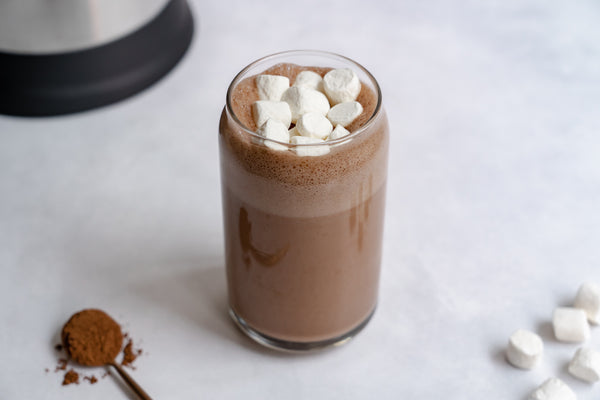Almond Milk
The quintessential guide to making almond milk using your Almond Cow . All natural, delicious almond milk in a snap, made right in the comfort of your own home.
PREP TIME: 5 MINS
SERVINGS: 5-6

Instructions
- Place all ingredients in the filter basket. Attach the filter basket to the top of the Almond Cow and twist in the direction of the close arrow to secure.
- Fill the Almond Cow base to the MIN line (5 cups) with water, attach the top.
- Plug in the Almond Cow and press the cow start button! It will run through 3 automatic stages.
- When the light stops flashing, your milk is ready!
Ingredients
- 1 cup unsoaked almonds (if using soaked almonds, you only need to use about ½ cup soaked in water for at least 4 hours or overnight)
- ¼ tsp sea salt
- 1 tsp vanilla (optional)
- 3 chopped, pitted dates or 1-2 tbsp maple syrup (optional)







